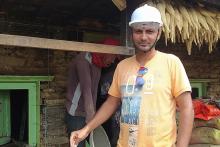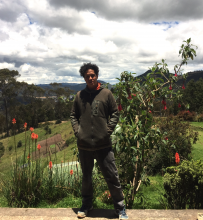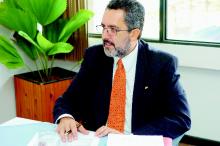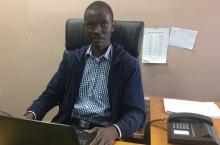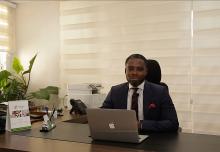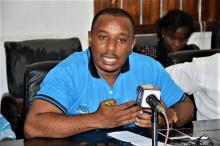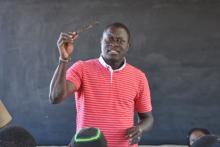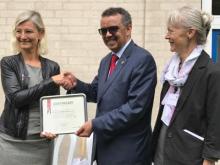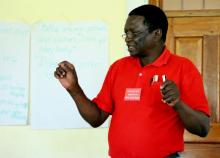Connected by a passion for reproductive and public health
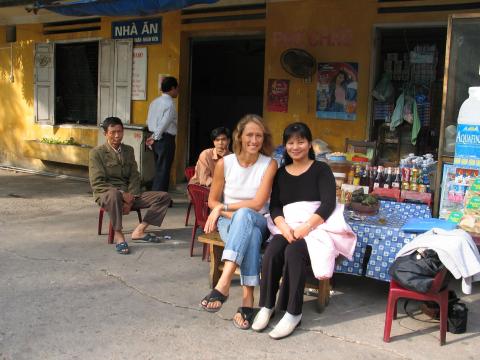
Despite being more than 10,000 kilometres apart, Professor Tine Gammeltoft and Danida alum Dr Nguyen Thi Thuy Hanh’s lives and careers are deeply intertwined. They met 25 years ago and, even from the early days, their research collaboration created an impact.
By Vibeke Quaade
They are driven and ambitious, they are outstanding academics and they are deeply concerned about public, sexual and reproductive health.
The two women in focus here are Tine Gammeltoft, Professor at University of Copenhagen, and Nguyen Thi Thuy Hanh, Associate Professor at Hanoi Medical University. Despite being more than 10,000 kilometres apart, their lives and careers have been deeply intertwined for more than 25 years.
So far, they have been colleagues, partners and co-writers of four large Danida supported collaborative research projects and more than 20 academic articles. From the beginning, their collaboration has created an impact. For example, the research project “The Impact of Violence on Reproductive Health in Tanzania and Vietnam” showed such alarming correlations between partner violence, pregnancy complications, low birth weights and negative effects on mothers’ mental health that it became part of a push to get the Vietnamese government to review the health guidelines for pregnant women. Presently, they are lining up their next collaborative research project, which they plan to be another South-South-North collaboration.
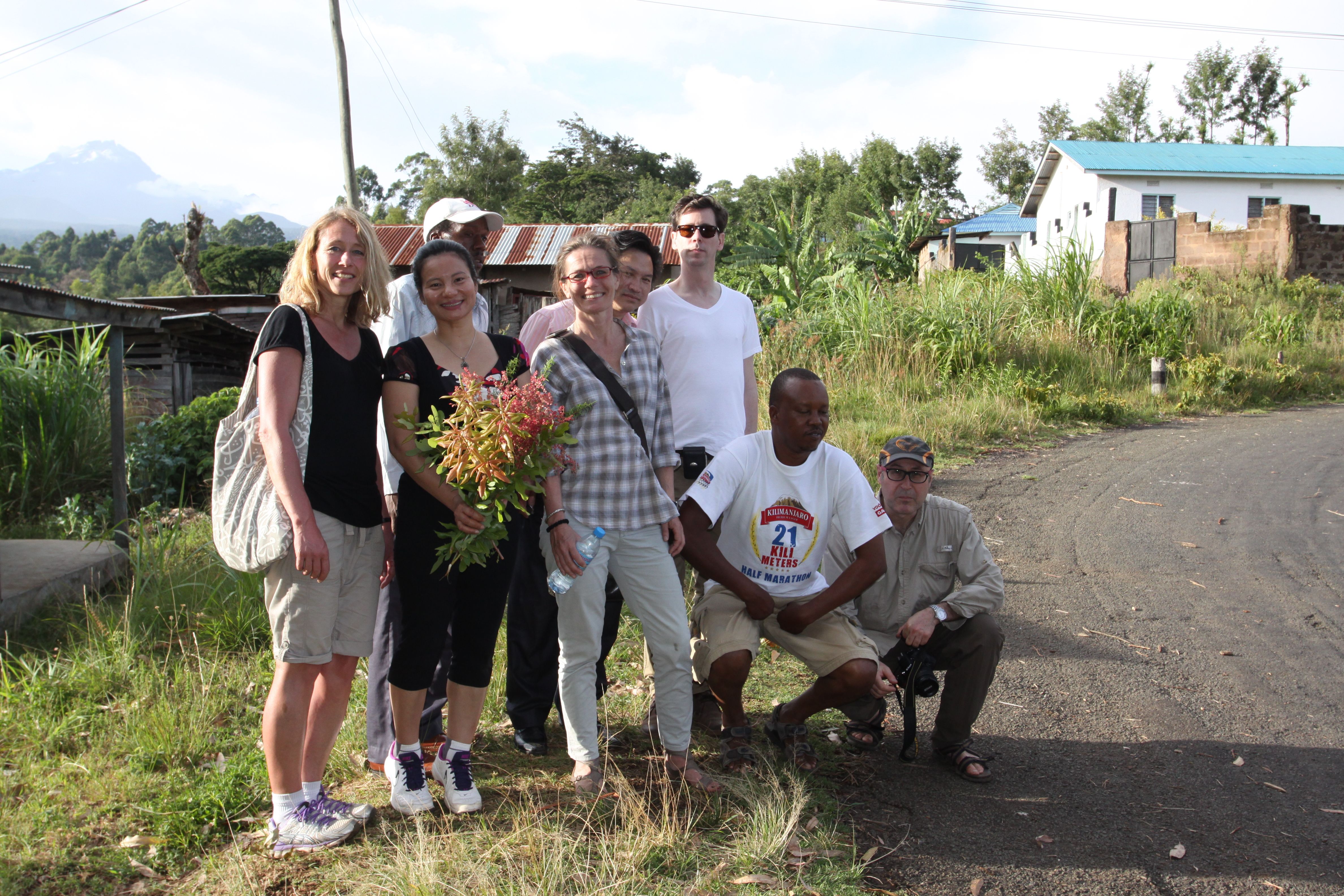
Hardly a week goes by without one of them reaching out to the other. This has been the case throughout the past 25 years, and today, a Wednesday in March, when the day has become evening in Hanoi but it is still afternoon in Copenhagen, I have invited them to meet on Zoom for a double interview about their long-term research collaboration - and friendship.
Personal sacrifices
Twenty years ago, journalist Lise Penter interviewed Tine Gammeltoft and Nguyen Thi Thuy Hanh for a chapter about women in research for the Danida publication “Our research – our future”.
At the time, Tine was the coordinator of a research project called “Strengthening Population and Reproductive Health Research in Vietnam”, while Hanh was in Denmark as a Danida fellow doing her Master’s in International Health.
Hanh explained then that, unlike many other women in Vietnam, her husband had always encouraged her to pursue her ambitions, even if it meant travelling to Denmark. So, at home in Vietnam, he was now taking care of their three year old daughter. Regardless of everyone’s good intentions, this situation was obviously challenging for the whole family. Nevertheless, Hanh said,
You have to make sacrifices to get what you want.
High achiever
Now, two decades later, I ask Nguyen Thi Thuy Hanh if she still thinks that her personal sacrifices were worthwhile.
Yes, I do think so, and I do not regret anything either. I am very comfortable with what I have achieved so far, says Hanh.
A glance at her CV confirms that she indeed has achieved a great deal.
Nguyen Thi Thuy Hanh has been Associate Professor since 2000 at the Department of Population and Reproductive Health in the School of Preventive Medicine and Public Health at Hanoi Medical University. In addition, she is head of the Department of Training, Scientific Research and International Cooperation. She has both a Master’s and a PhD degree from the University of Copenhagen. In 2016, she actively contributed to the establishment of a whole new and still rare education programme in Vietnam, namely, an International Master’s in Public Health at Hanoi Medical University.
And, if this was not enough, in 2019 she was appointed to serve as the research group leader for the Western Pacific regional hub within the World Health Organization’s Human Reproduction Programme Alliance for research capacity strengthening. The WHO regional hubs, of which there are six worldwide, provide support for sexual and reproductive health research capacity strengthening in their regions. The leaders of the hubs are selected on the basis of their capacity for regional leadership and their experience in research capacity strengthening in the field of sexual and reproductive health.
From her side of the Zoom frame, Tine Gammeltoft interjects,
If anyone deserves this role and can fill it, it is Hanh.
Hanh interrupts her immediately.
Thank you Tine. It is very kind of you to say so, but we all know that I would never have been able to get this far without you, she says.
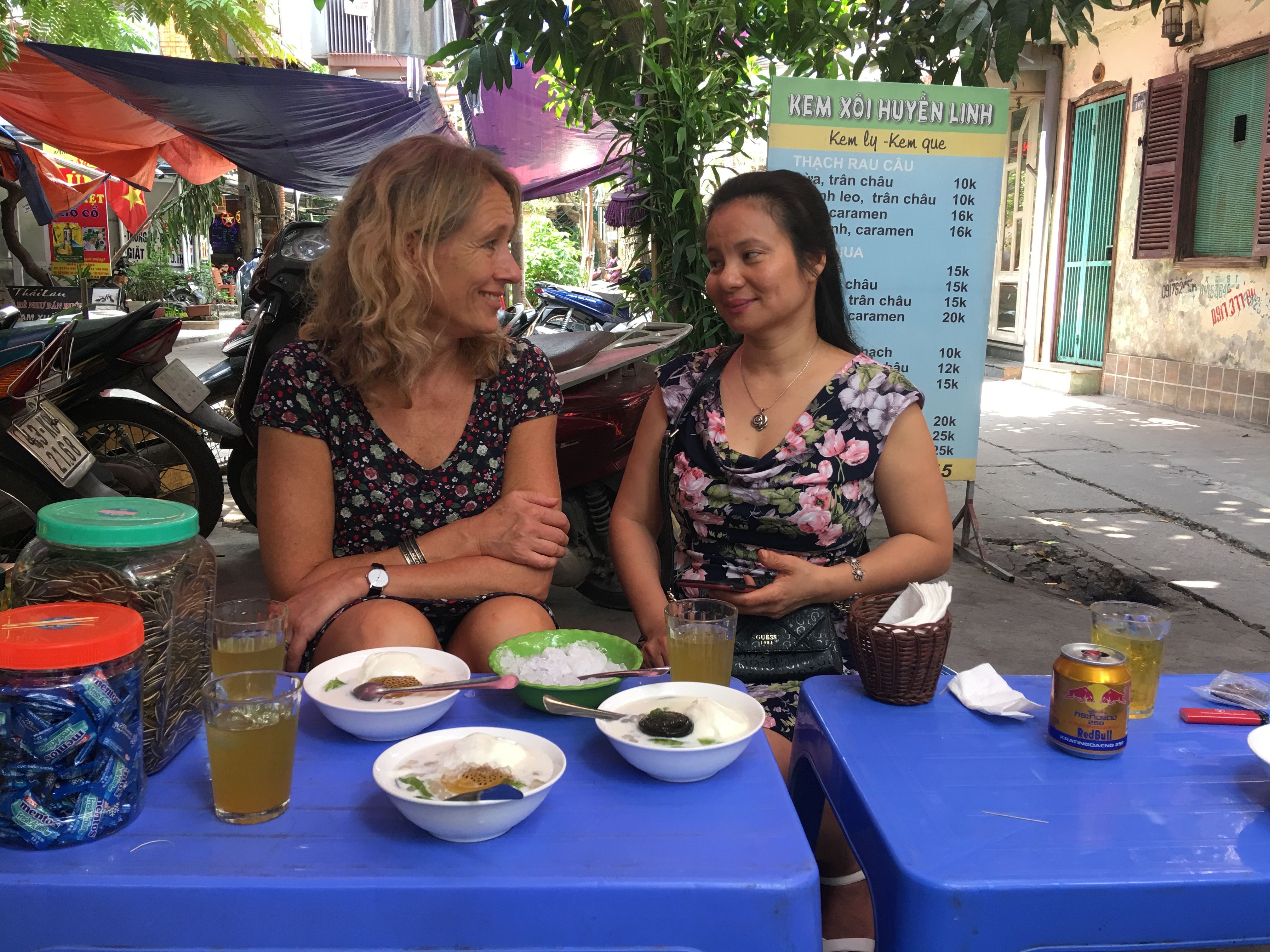
The young Danish researcher
Like Nguyen Thi Thuy Hanh, Tine Gammeltoft is an academic high achiever. She has been a professor of anthropology at the University of Copenhagen since 2013, and the Vice Head of Department for Research since 2020. She teaches medical anthropology and anthropological research methods, and her research has won a number of prizes: the Senior Book Prize, the Eileen Basker Memorial Prize and the Boyer Prize. For about three decades, she has been collaborating with Vietnam, a country that she loves and admires and whose official language, Vietnamese, she speaks fluently.
Tine and Hanh met in Hanoi in 1994 when Tine was still a PhD student. She vividly remembers the first meeting.
It was at Hanoi Medical University and it was such a beautiful day. The sun was reflecting off the yellow buildings and the sunlight fell through the windows into the room where I was in a meeting with a group of young researchers, Tine recalls.
Hanh was in that group. Like the others, she impressed me with her intellectual smartness and the kind of dedication towards public health that comes truly from the heart. It was really unique.
Hanh also remembers the first time they met, or rather the first time she heard about Tine because the rumours about the young Danish researcher, who was extremely competent in medical anthropology and who spoke fluent Vietnamese, had already begun to travel fast. Hanh was not aware that Tine had noticed her during the first meeting. She was, therefore, initially surprised by the help she later received from Tine.
Tine helped me to take an English course, come to Denmark and get a Master’s. Later, she became my PhD supervisor. I was very humbled.
Now, I see Tine as my sister. Our families know each other, our children are about the same age and I can discuss everything openly with Tine. I do not need to hide anything from her. When we work together, it is such an advantage to be able to tap into each other’s thoughts and ideas.It is enriching and a resource in itself when we carry out research together.
It is also from Tine and my other Danish colleagues I learned how to coach and supervise my own students, how to give interactive lectures, how to design an application for a research grant. I think it has contributed to making our research capacity at the university stronger, says Hanh.
Return of investment
The aim of Danida's programme for Enhancement of Research Capacity in Developing Countries (ENRECA), under which Hanh took her Master's degree in International Health, was precisely to strengthen the local research capacity in Vietnam and other countries. And it does not take many minutes into the conversation with Hanh and Tine to be convinced that this is exactly what has been its outcome. If one can call Danida’s support to research collaboration an investment, this is most certainly an investment that has come back with returns and not only for Vietnam, but also for Denmark.
Tine Gammeltoft puts it candidly,
There is no way, that I could have done the work I have done in Vietnam without having had Hanh by my side: it is completely unthinkable. My entire work life rests on my work in Vietnam and on my collaboration with Hanh and other great colleagues.
Everything is built on the foundation of our mutual collaboration, ongoing conversations, and our common belief in public health and passion for sexual and reproductive health and rights.
Connected by a passion for public health
In the course of the conversation, the two women have repeatedly mentioned the importance of public health and their own passion for working to improve public health. It inevitably comes across as if this too binds them together in addition to their academic ambitions and friendship.
We have set aside an hour for the interview, and while the afternoon in Copenhagen is becoming early evening, it is already late at night in Vietnam and we are running out of time. Regardless, I go ahead with a final question. I ask them the source of their interest in public health.
Nguyen Thi Thuy Hanh answers first.
For my part, I think it has to do with personal preferences. I could have become a medical doctor, but then I would only have treated one patient at a time, not like in public health where every decision matters to thousands. Personally, I would rather do something for the community than for an individual.
Tine Gammeltoft nods on her side of the screen.
I agree completely. I have now worked with Vietnam for a quarter of a century, and the collective belief in the importance of public health still impresses me. It is a very powerful movement that goes way back to the anti-colonial resistance. In Vietnam, equal access to basic health services, even in the remotest areas of the country, is seen as everyone’s right, she says.
Right now, we see how Vietnam is reaping the results. It is striking that a country like Vietnam is doing remarkably well in relation to COVID-19, with very few deaths and no major lockdown, compared to, for example, the USA where public health gets so little attention.
She pauses and continues thoughtfully,
It is a privilege to work with the people, who take pride in driving this movement. To be a researcher in public health in Vietnam is very rewarding and very humbling.
Nguyen Thi Thuy Hanh smiles from her side of the screen,
Yes, worth making a few sacrifices for.
Find out more about Danida alumni on Danida Alumni Networks website

